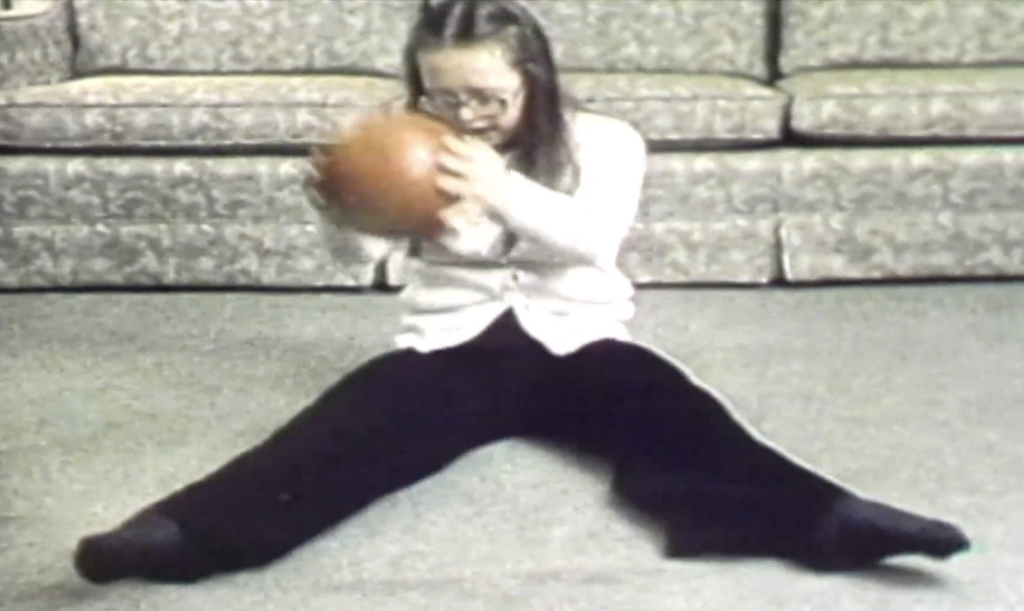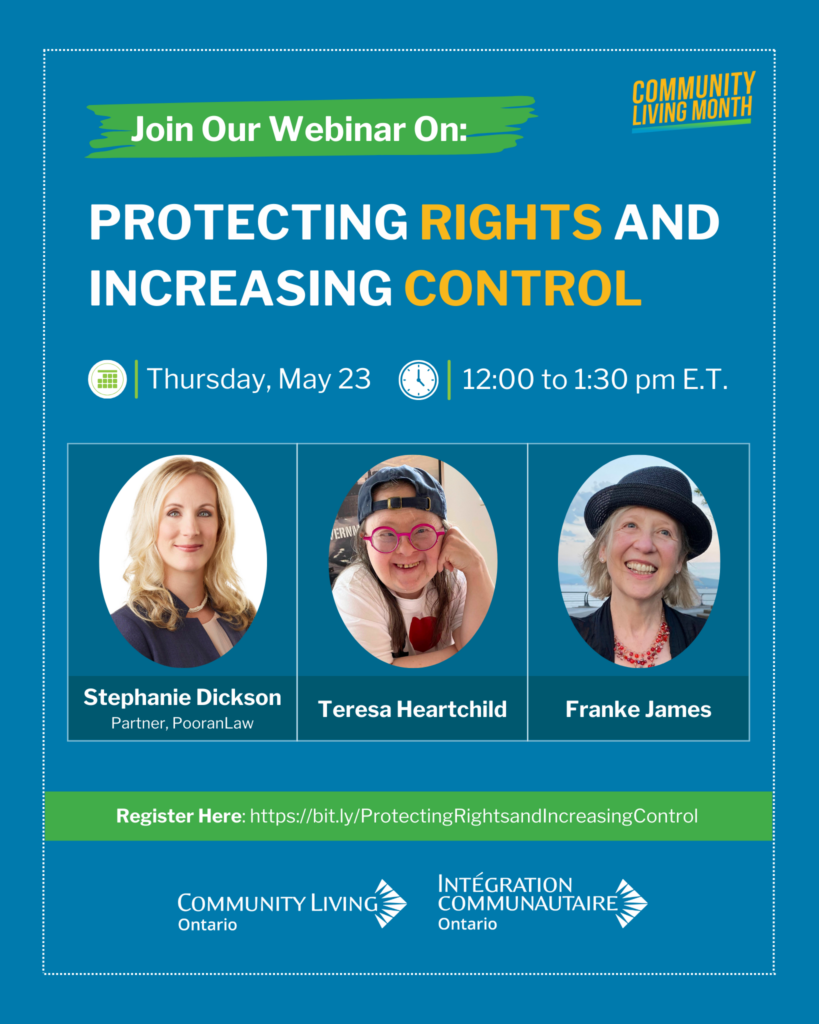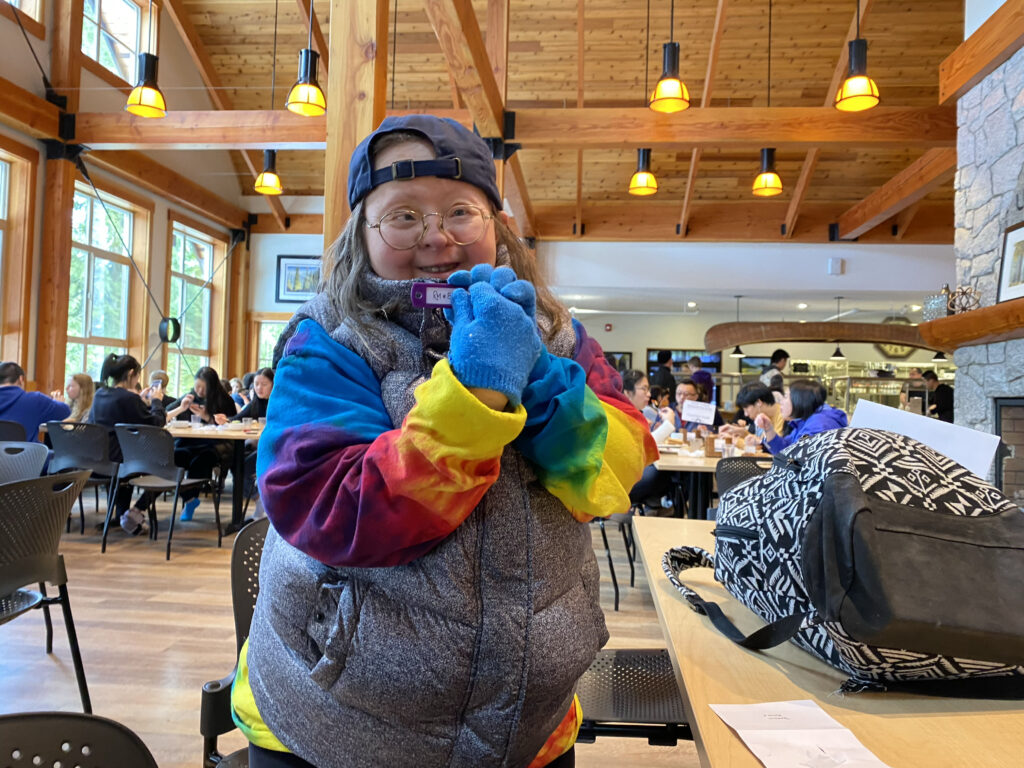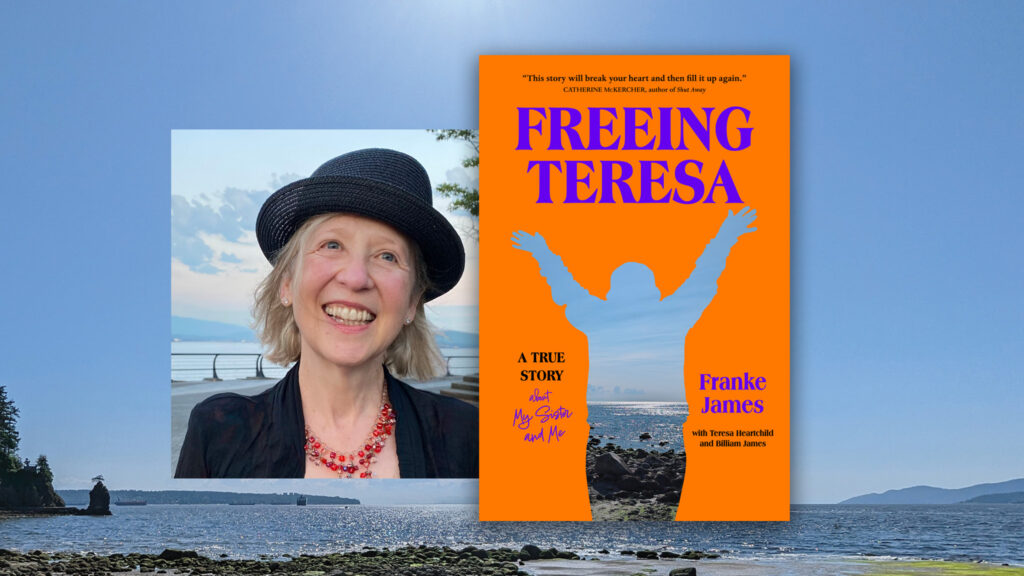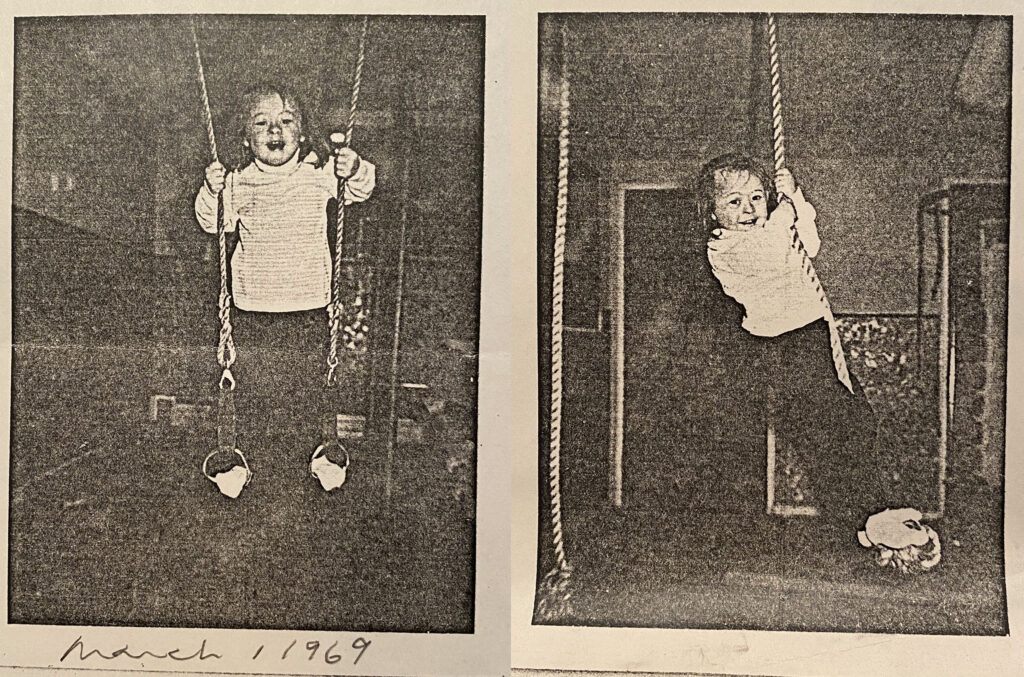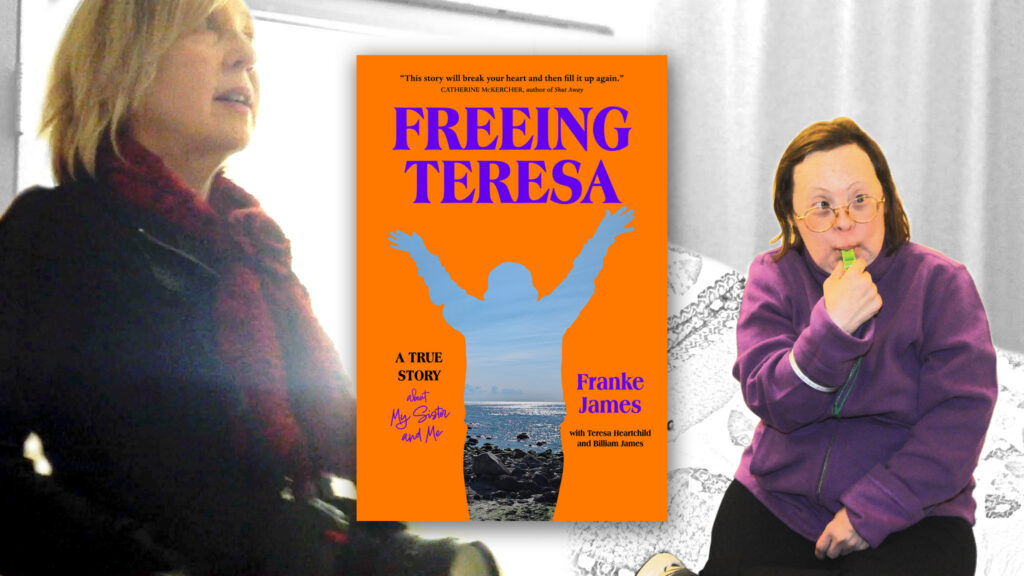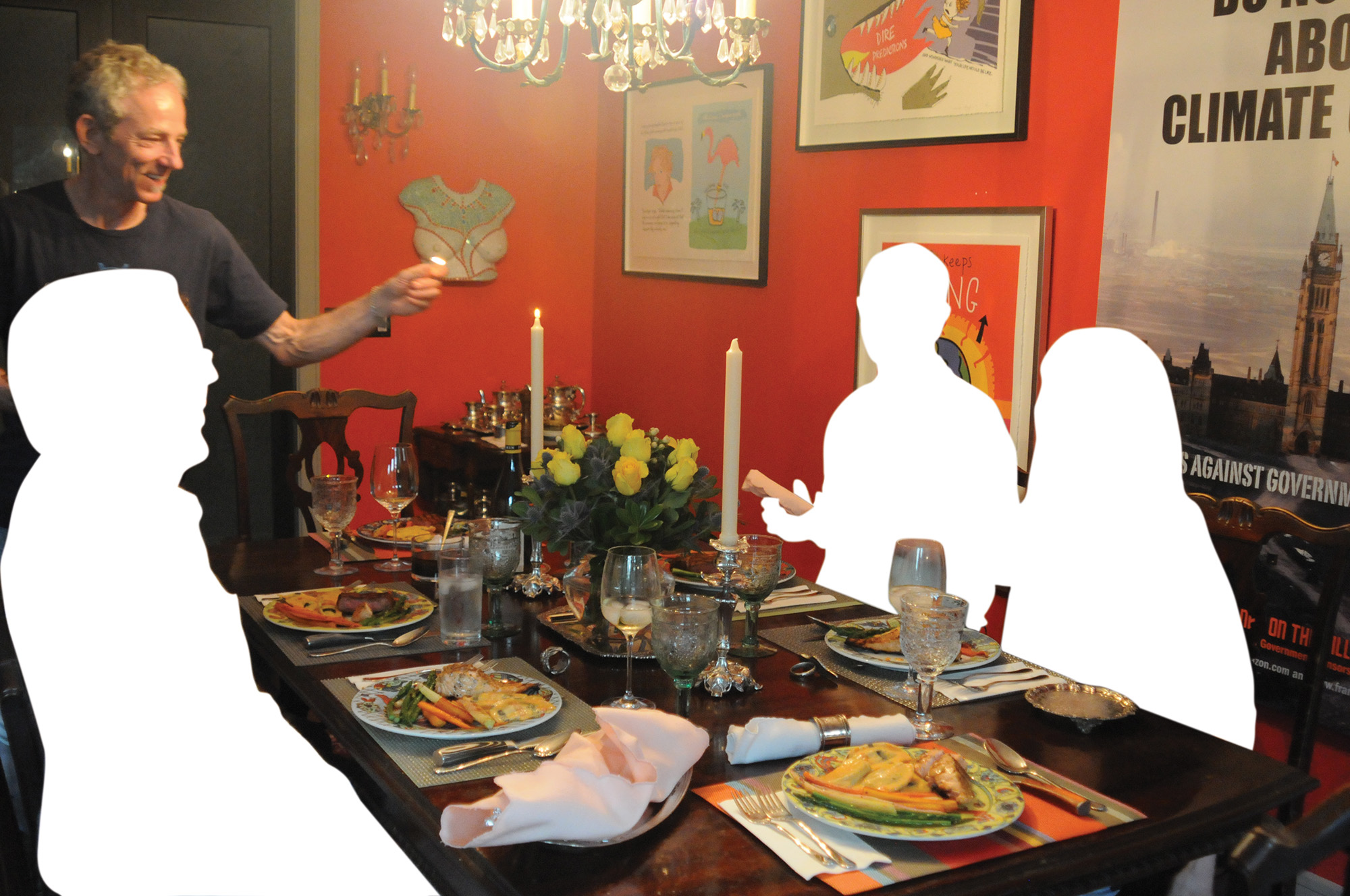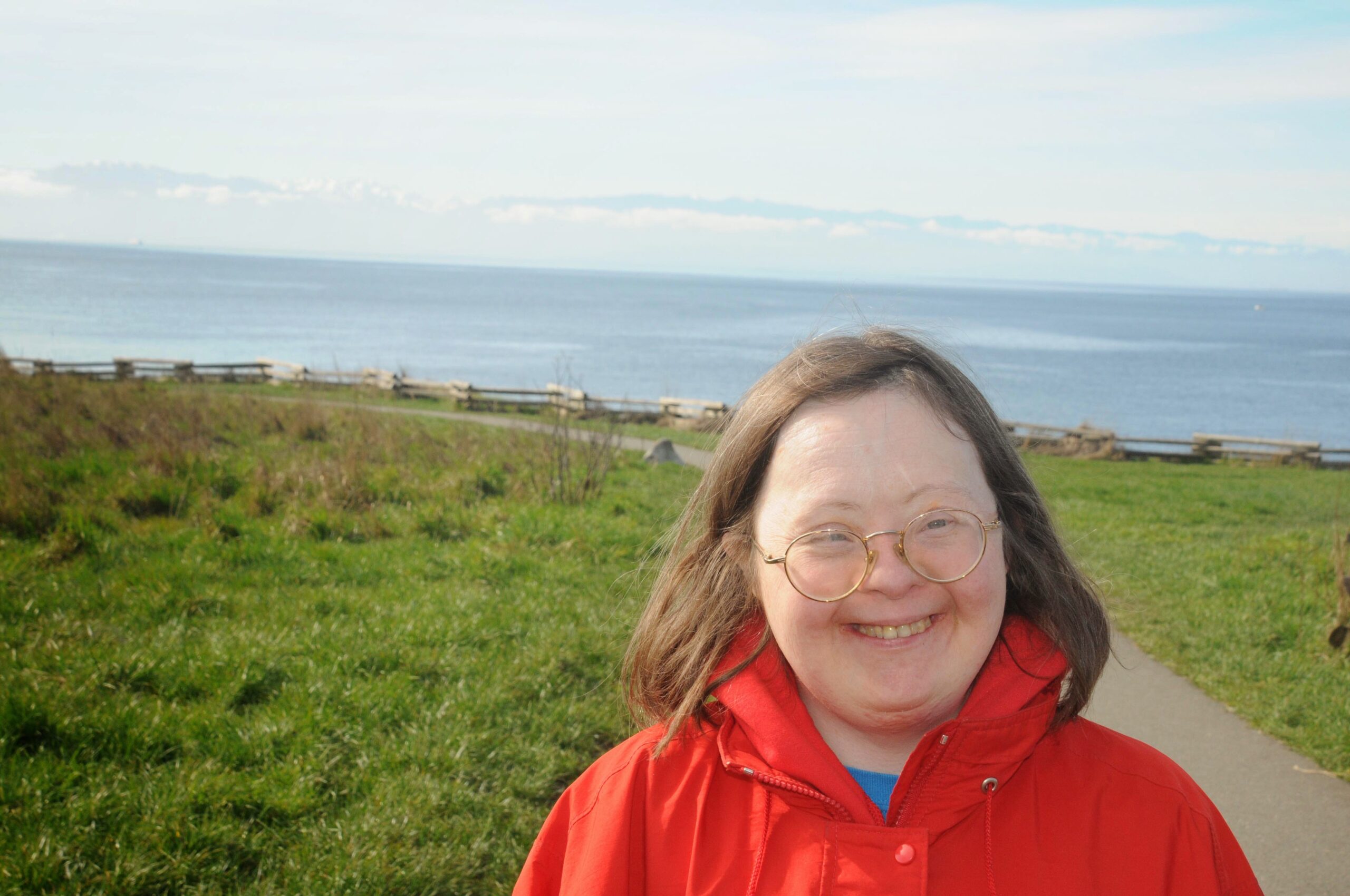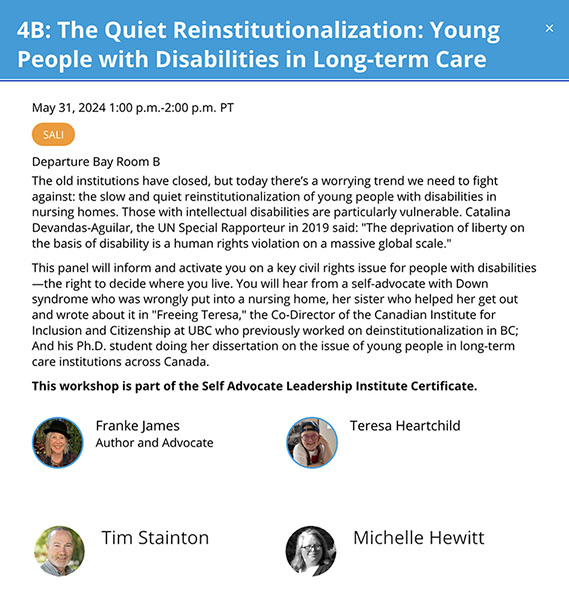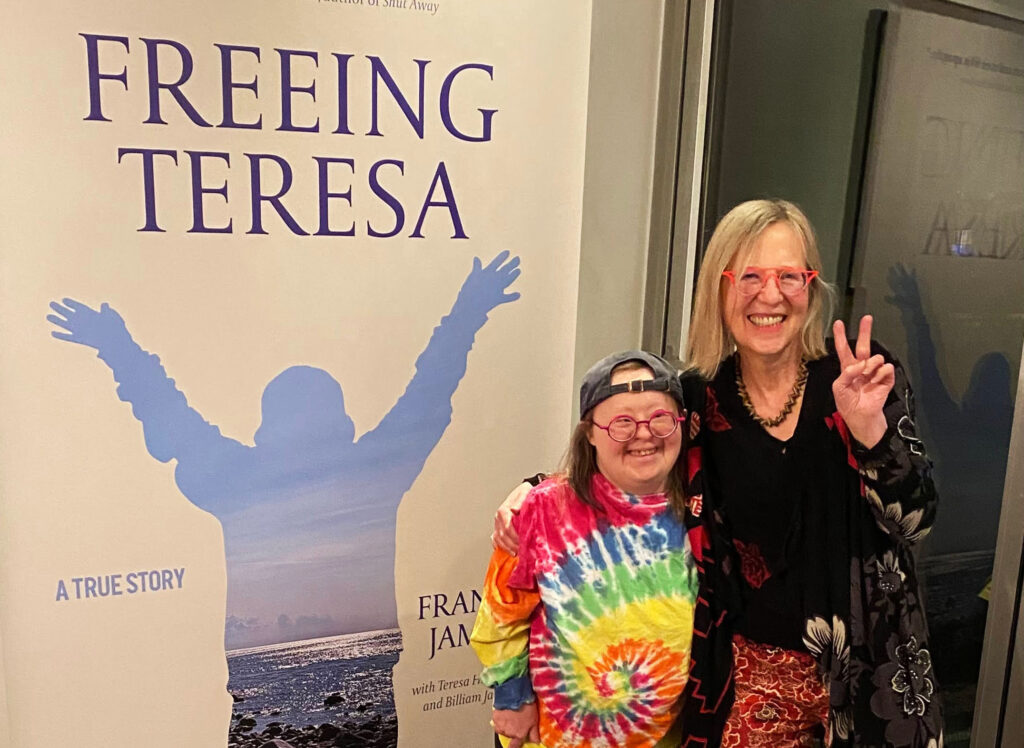“Freeing Teresa is all about the need to speak up, so I’m thrilled to have my true story win four Firebird Book Awards plus the Judge’s Pick,” said Franke James. Patricia Rullo is the brains behind the Firebird Awards. The awards programme has recognized many ground-breaking literary works and also benefits a charitable cause, homeless shelters in the USA.”

“Teresa’s story is important because, as an adult with Down syndrome, she represents just one of many people with disabilities,” said Franke James, “While the old institutions have been closed, today there are thousands of young people with disabilities who are forced to live in nursing homes. Why is that? This is a key civil rights issue for all people with disabilities—the right to decide where you live.”
FIREBIRD BOOK AWARDS HONOURED ‘FREEING TERESA:
Judges Pick, 2nd quarter 2024
1st place, Social/Political Change,
1st place, Special Needs (Disability Rights)
2nd place, Leadership
2nd place, Inspiration
Congrats Teresa Heartchild and Billiam James!
Update, August 29, 2024
Pat,
Thanks for your Firebird Awards! As the winning author of the Judges’ Pick Award (in Q2), the sponsor interviewed me today! Hooray! I had a great conversation with Dr. Audrey Tang [@draudreyt]. She covered a lot of territory, and we had such a warm chat about my book Freeing Teresa, the need for social change and fighting discrimination. Such a great opportunity! Thank you! (The show will air at the end of September.)
Franke
From the press release: Authors and publishers worldwide submitted their work to the International Firebird Book Awards. The panel of judges includes 27 individuals with diverse backgrounds and experiences. Two judges from a select panel read and scored each entry. All judges commit to a set of standardized criteria that evaluate the quality of the writing and the production aspects. The judges only award the coveted Firebird to entries with the highest scores.
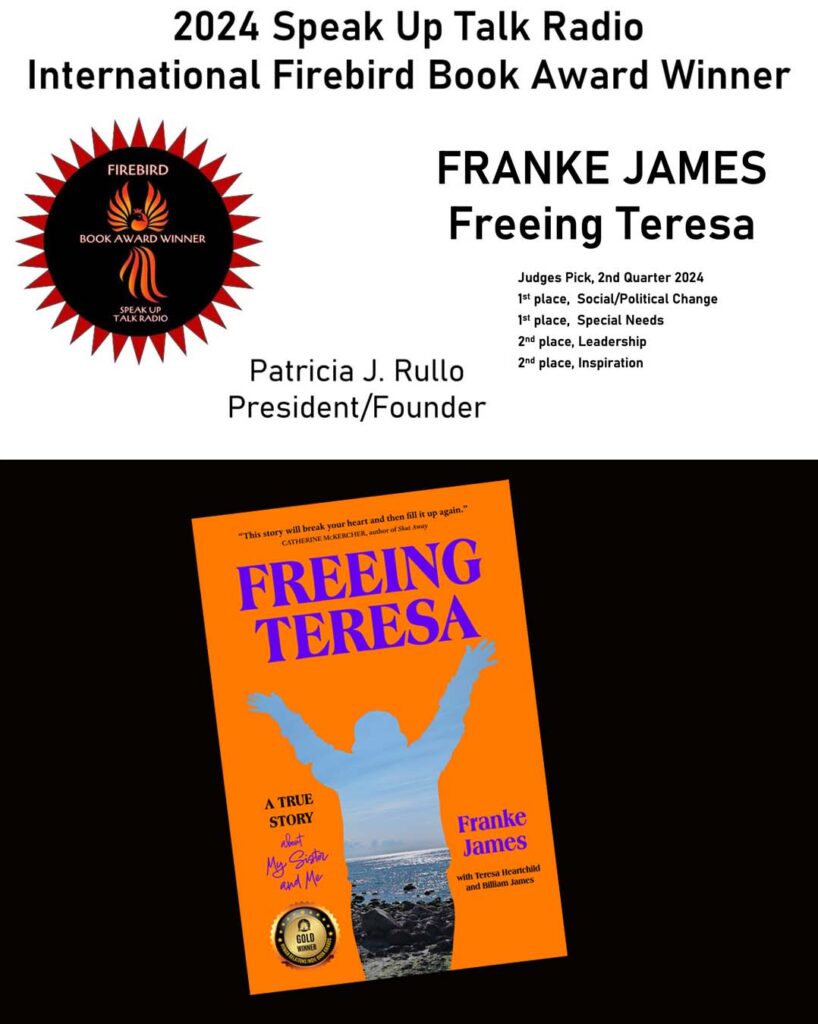
#bookawardwinner #awardwinningbooks #firebirdbookawards #firebirdbookaward #speakuptalkradio #downsyndrome #DisabilityRights #leadership #inclusion #memoir #siblings #caregiver


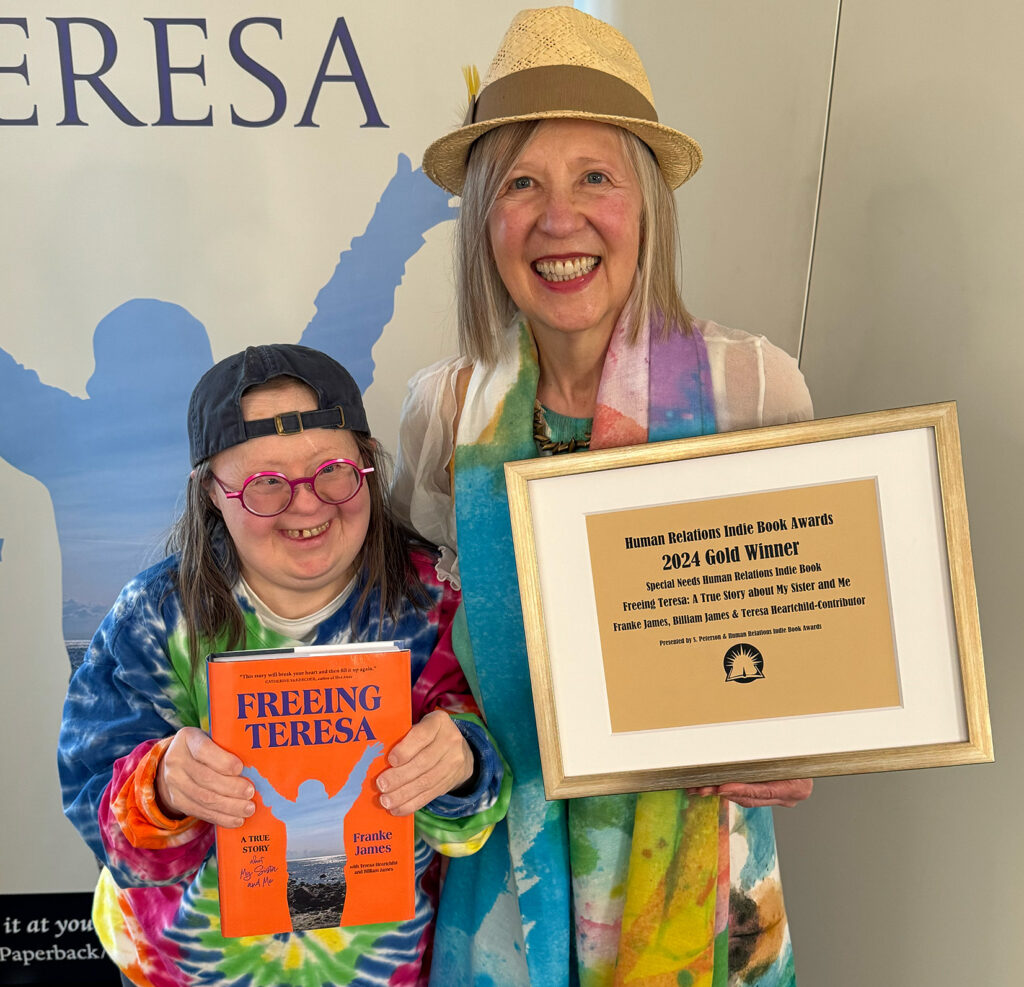
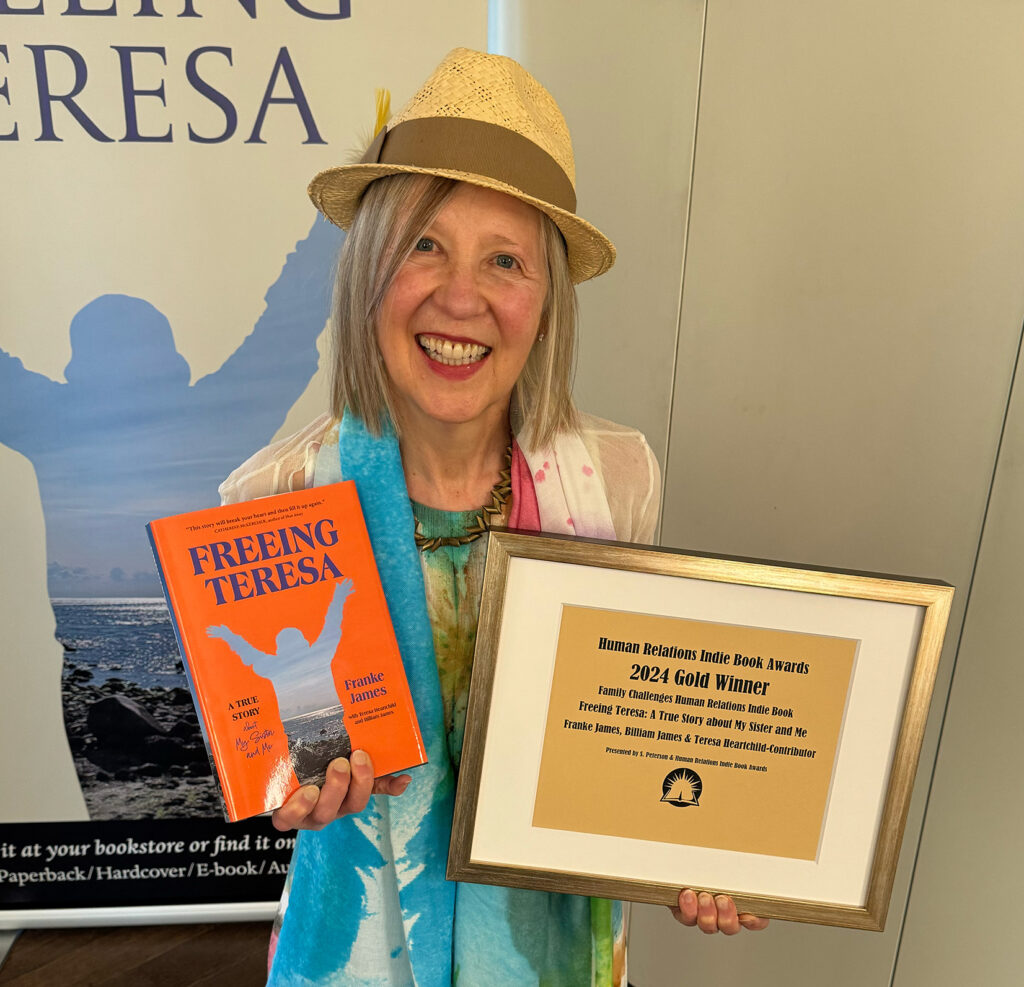
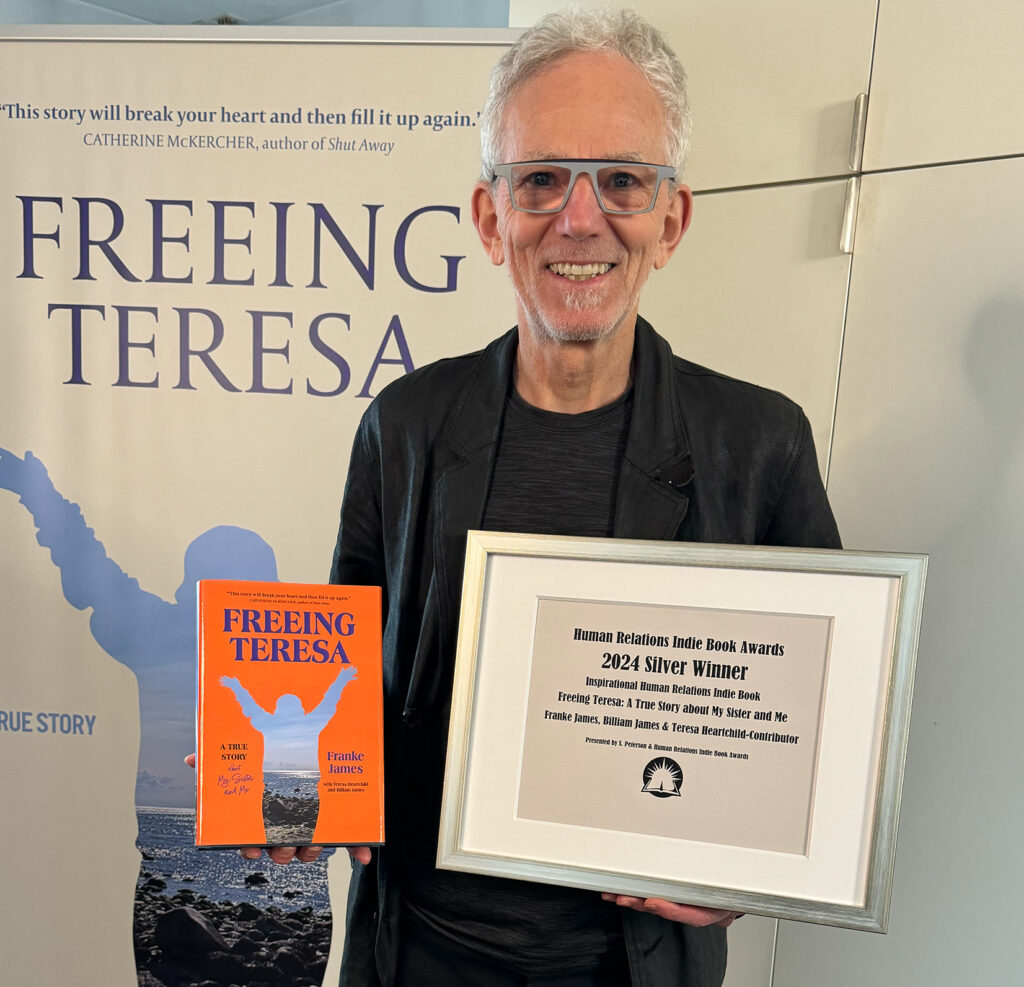
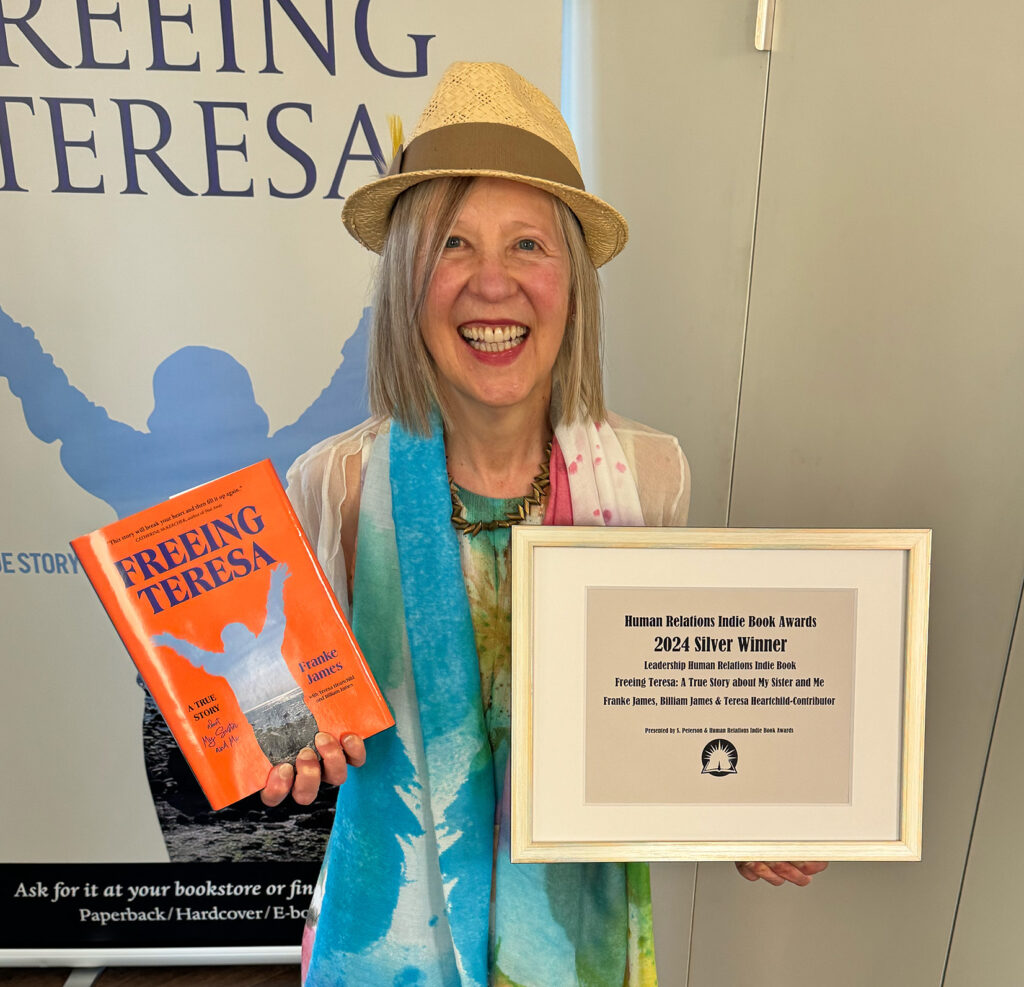
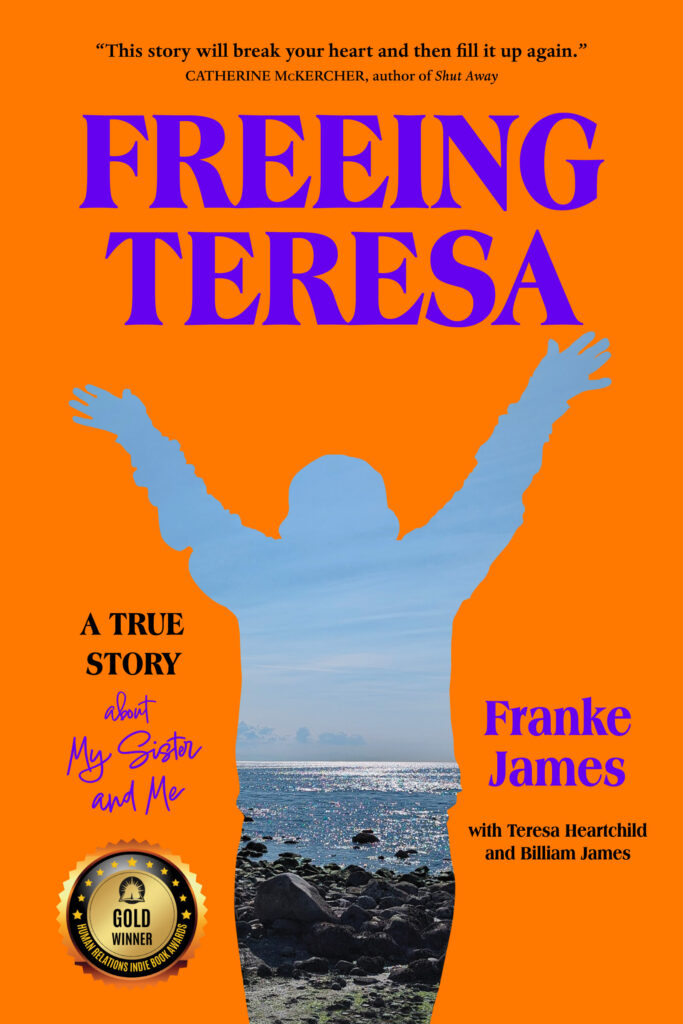
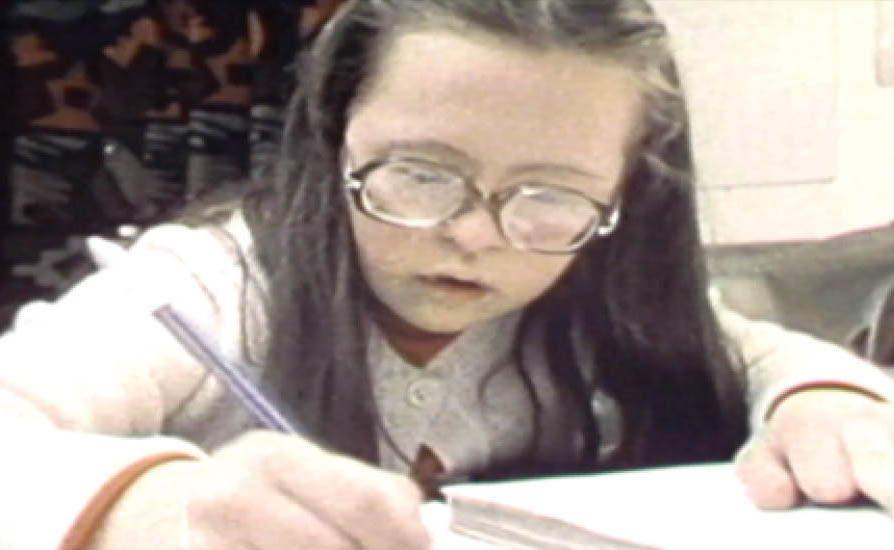
![TV listing ad for “Exploding the Myth” features thirteen-year-old Teresa wearing glasses and holding an exercise ball in her arms. Teresa looks at the camera with an expression of curiosity and wonder. Her lips are parted as though she’s about to speak. The ad text said, “Exploding the Myth. Thirteen-year-old Teresa [redacted surname] plays an important role in Exploding the Myth, a documentary special which explores the attitudes of a significant portion of the general public toward those who are mentally handicapped. Images and text used with permission from Community Living Ontario.](https://freeingteresa.com/wp-content/uploads/2024/05/04-1979-03-19-ExplodingTheMyth-Advert-1024x608.jpg)
